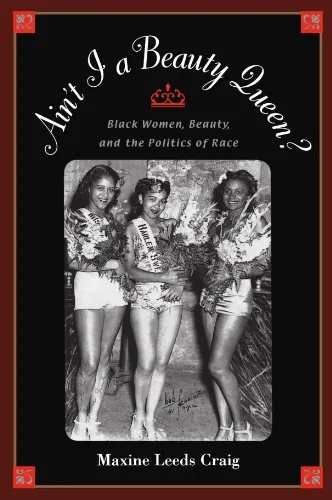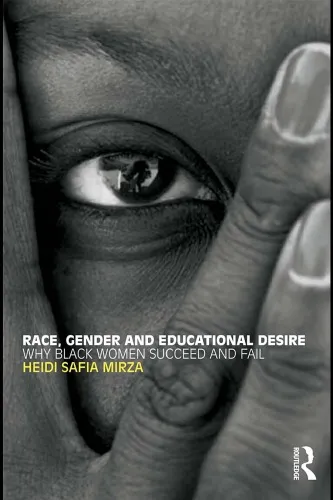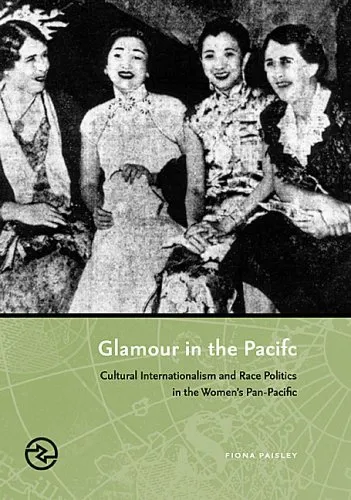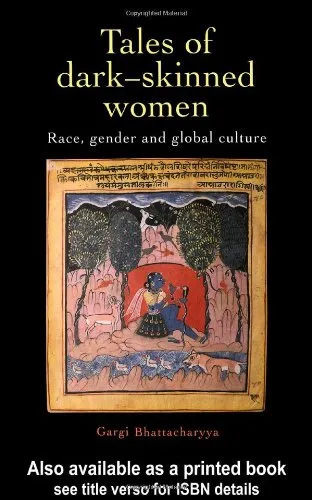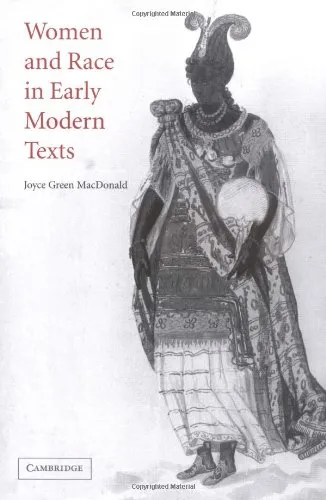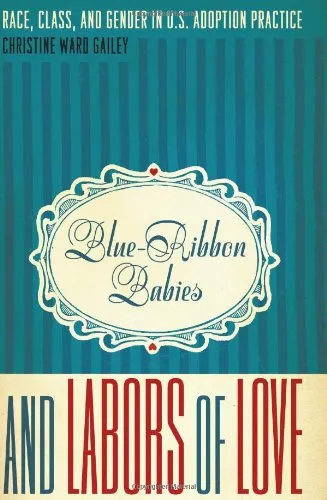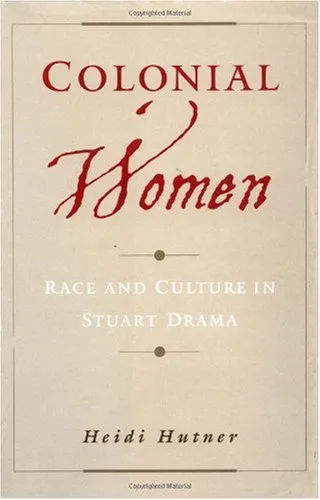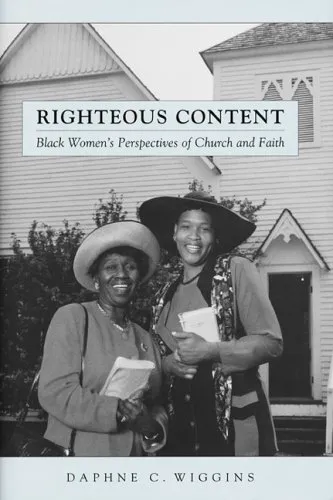The Color Purple
4.3
Reviews from our users

You Can Ask your questions from this book's AI after Login
Each download or ask from book AI costs 2 points. To earn more free points, please visit the Points Guide Page and complete some valuable actions.Related Refrences:
Introduction to 'The Color Purple'
Published in 1982, 'The Color Purple' by Alice Walker is a profound literary masterpiece that delves into the complexities of race, gender, and social justice. This Pulitzer Prize-winning novel is an important work of American literature, offering a vivid portrait of African American women in the segregated southern United States during the early 20th century. It is a tale of resilience, love, and self-discovery, providing readers with a poignant perspective on the struggles and triumphs of disenfranchised individuals.
Detailed Summary
The novel is set in rural Georgia and is narrated through a series of letters, primarily written by Celie, a young African American girl who experiences a life of abuse and oppression. Celie's letters, initially addressed to God, are a poignant expression of her pain and longing for love and acceptance. Separated from her sister Nettie, who escapes to Africa as a missionary, Celie remains trapped in a life of hardship, first under the dominion of her abusive father and then her equally oppressive husband, known only as Mister.
Celie's journey towards self-empowerment is catalyzed by her relationships with other women who provide her with strength and insight. Shug Avery, a blues singer and Mister's mistress, becomes an unlikely friend and mentor to Celie, helping her discover her own identity and desires. Their relationship helps Celie to reclaim her sense of self-worth, independence, and eventually love.
Over time, Celie evolves from a voiceless victim to an assertive, self-reliant woman. The discovery that her sister Nettie is alive and that her abusive father figure is not her biological parent further fuels her transformation. The novel culminates in a celebration of sisterhood, resilience, and the ability of the human spirit to rise above adversity.
Key Takeaways
- The power of written expression as a tool for healing and self-awareness is central to 'The Color Purple', as Celie's letters provide her with a private space to process her emotions and thoughts.
- The novel underscores the importance of female solidarity. The bonds between Celie, Shug Avery, and other women illustrate how mutual support can lead to empowerment and change.
- 'The Color Purple' challenges the patriarchal structures of the early 20th-century southern United States, advocating for gender equality and racial justice.
- The transformation of Celie from victim to victor serves as an inspiring testament to the resilience of women in the face of systemic oppression.
Famous Quotes from the Book
"I think it pisses God off if you walk by the color purple in a field somewhere and don’t notice it."
"I'm poor, black, I may even be ugly, but dear God, I'm here. I'm here."
Why This Book Matters
'The Color Purple' remains a significant work due to its candid exploration of the intersecting oppressions of race, gender, and class. Alice Walker's narrative pushes the boundaries of the traditional storytelling of its time, giving a voice to those often silenced or disregarded. The novel's impact is reflected in its wide critical acclaim and its role in sparking discussions on women's rights and racial equality.
The characters' journeys encourage readers to confront uncomfortable truths about societal injustices and embrace the courage to challenge these systems. The book's emotional depth and narrative strength have not only earned it a revered place in the canon of American literature but have also helped foster empathy and understanding across cultural and racial lines.
Overall, 'The Color Purple' is a testament to the enduring significance of personal transformation and the pursuit of justice, making it a timeless read for anyone seeking insight into the human condition.
Free Direct Download
You Can Download this book after Login
Accessing books through legal platforms and public libraries not only supports the rights of authors and publishers but also contributes to the sustainability of reading culture. Before downloading, please take a moment to consider these options.
Find this book on other platforms:
WorldCat helps you find books in libraries worldwide.
See ratings, reviews, and discussions on Goodreads.
Find and buy rare or used books on AbeBooks.
1387
بازدید4.3
امتیاز0
نظر98%
رضایتReviews:
4.3
Based on 0 users review
Questions & Answers
Ask questions about this book or help others by answering
No questions yet. Be the first to ask!



